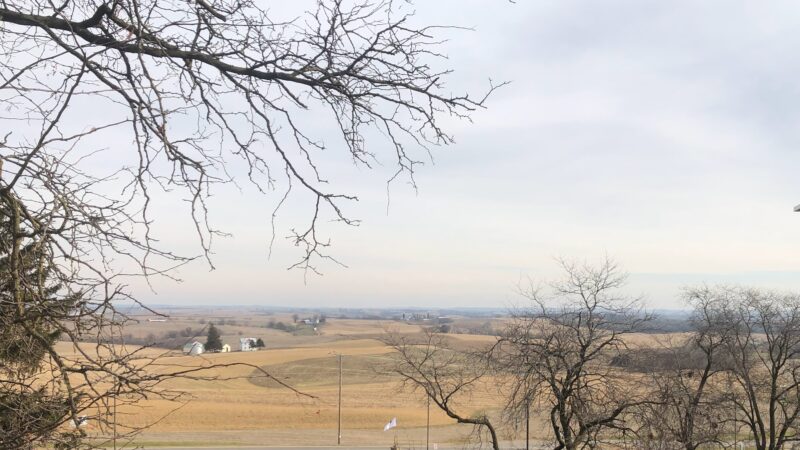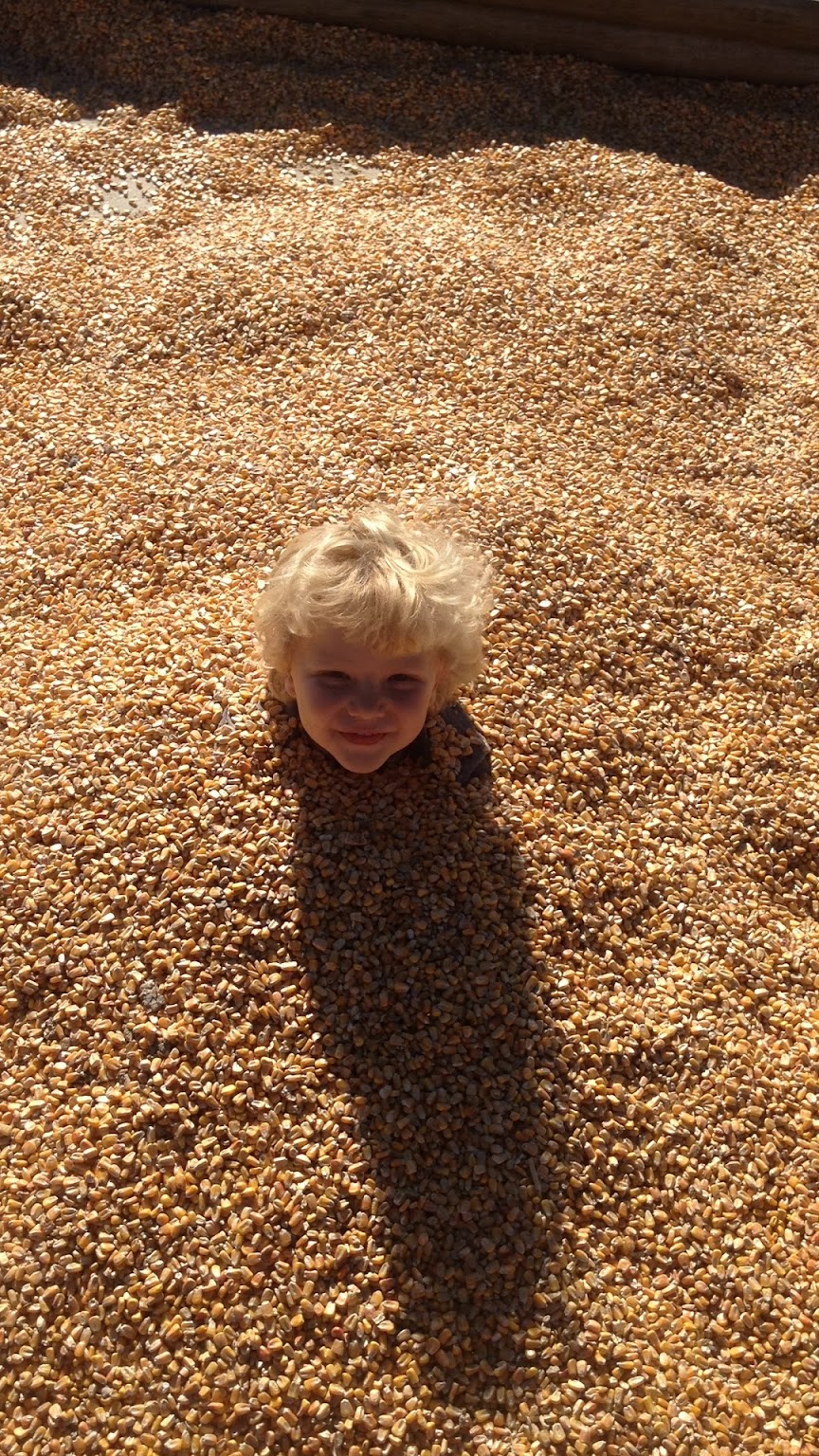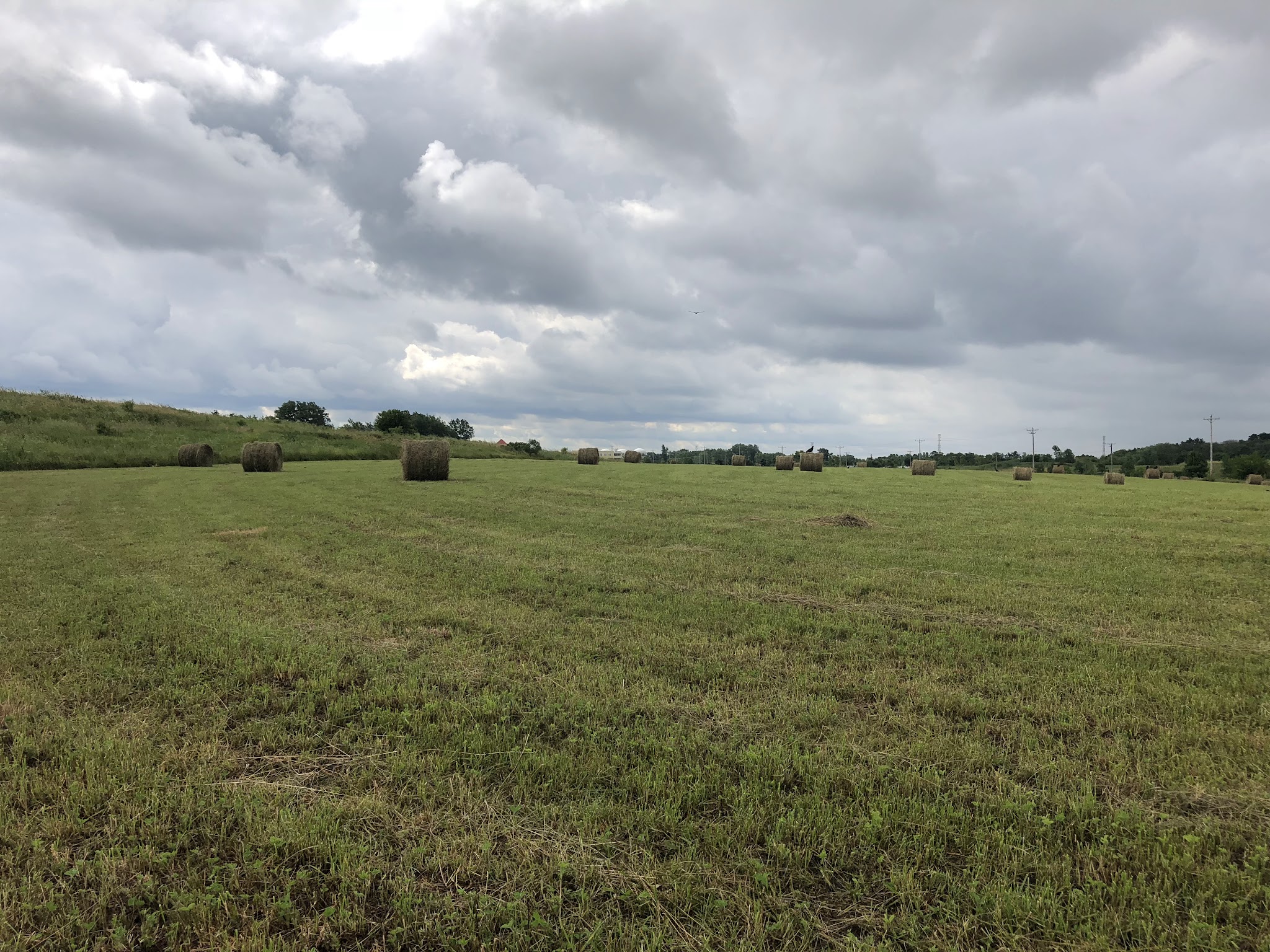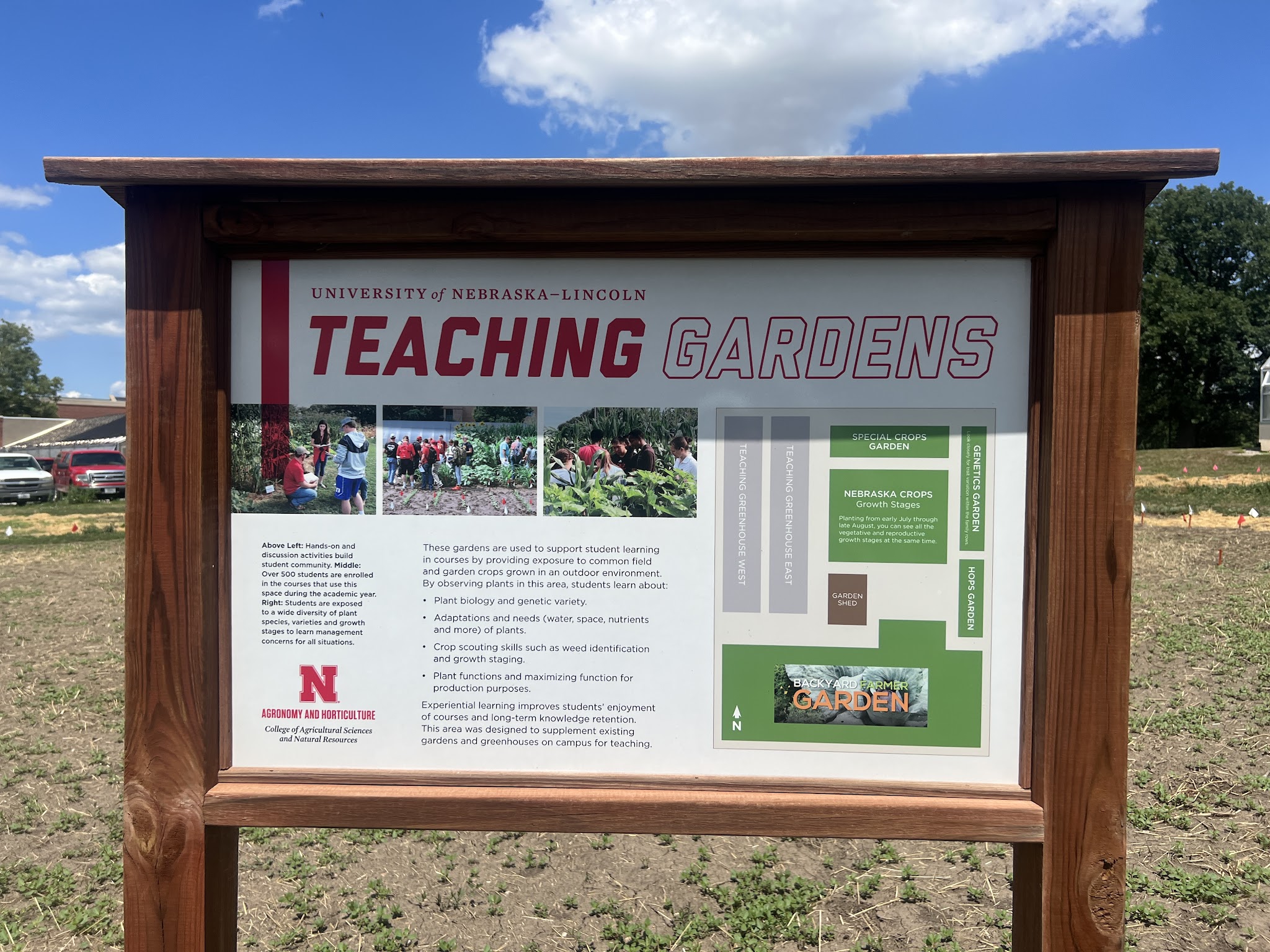
Last weekend, we drove Owen and his friend back to the University of Nebraska-Lincoln. After spending likely seven hours of the eight-hour road trip driving along farm fields, we had plenty of time to consider farming and farmers across our country.

One of the questions that often comes to mind is: what can we learn, or what piques our curiosity to learn more about with farming? The vast majority of the Illinois, Iowa, and Nebraska fields are corn and soy. One might think it’s unlikely a certified organic vegetable grower could learn from conventional row crops, or this different size/scale/type of grower. As we always say, there’s always something to learn from each other because we believe in farmers.

Farmers share many commonalities, no matter their crop or animal mix. We’ve met many row crop growers, graziers, and even processors from across the country share many of our same motivations. In general, farmers choose to live a lifestyle in service to the land. We appreciate our independence to grow what we choose and the freedom to do so in the way we feel is most appropriate. We share a sincere pride in our work. We all seem to appreciate a cool glass of water outside after the end of a hot, long farm-work filled day.

Additional commonalities include a willingness to change. We saw signage along a farm field emphasizing their use of cover crops amidst the corn and soy rotations. We also saw new agroforestry hedgerows being built along these corn fields, likely as a windbreak and habitat, which is a significant change compared to how some of these lands were managed in the past. Each time we drive the route to Lincoln, we see renewable energy throughout fields in the form of solar and wind power alternatives. Finally, we saw Angus cattle and sheep grazing freely in the fields, living amidst the trees as a silvopasture system, much like our newly formed silvopasture system.

UNL’s Teaching Gardens
We recognize that farmers make up only 2% of the population of the US, which is a far cry from our country’s agrarian roots. A farming lifestyle isn’t easy, whether it’s urban, peri-urban/suburban, or rural and we all struggle with different aspects of this challenging profession.
So to answer the original question of what can we learn and what piques our curiosity to learn more about farming? The answer is: we’d like to listen to farmers and learn more about how to strengthen our existing farmer collaborations. We’d like to build on our existing renewable energy solutions on our farm. We’d like to consider ways to support young people interested in caring for the land, who might not have grown up on or near farms. There’s plenty to learn and work to do!

Thank you for supporting and believing in the adage that we live by each day: no farmers, no food. We strive to take that adage one step further now: plant a seed (or tree) of education today, grow land caretakers into the future.
Your farmers,
Jeff, Jen, Cleto, David, Miguel and Anacleto
